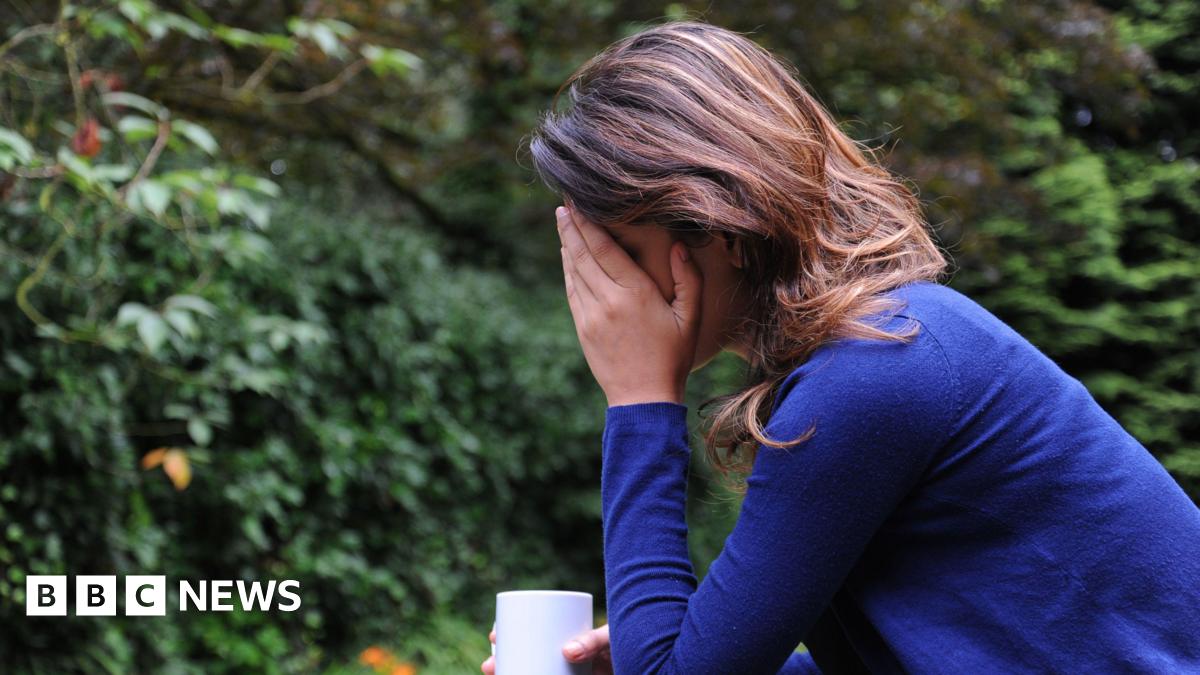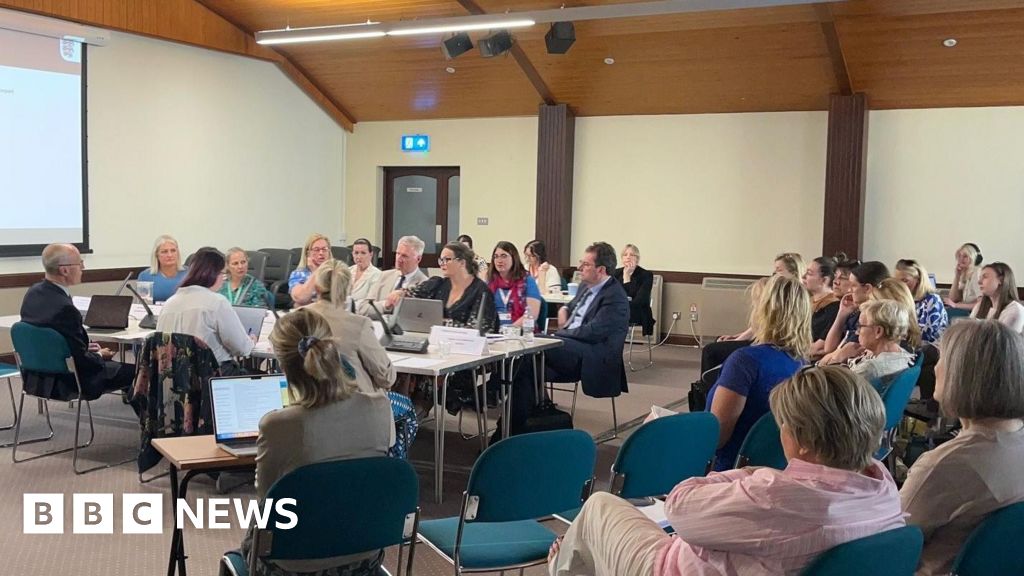Boosting Mental Health Access: Innovative Solutions to Ease the Strain

A recent report highlights a critical need for improved mental health support across the nation, prompting calls for innovative and accessible solutions. The report, issued by a leading watchdog organization, proposes a series of practical recommendations aimed at easing the burden on existing services and expanding access for those who need it most – all without requiring significant new funding.
Leveraging Existing Resources: Group Support in GP Surgeries
One key recommendation focuses on maximizing the potential of existing healthcare infrastructure. Introducing group-based mental health support within General Practitioner (GP) surgeries is proposed as a cost-effective way to provide initial support and reduce pressure on specialist services. This approach allows GPs to play a more active role in mental wellbeing, fostering a holistic approach to patient care. Group sessions can provide a sense of community and shared experience, which can be incredibly beneficial for individuals struggling with similar challenges. The report suggests that this model can be implemented using existing staff, with appropriate training and support.
Reducing Waiting Times: 'While-You-Wait' Support Systems
Long waiting times for mental health services are a significant barrier to access. The report advocates for the implementation of 'while-you-wait' support systems. This means providing immediate, practical assistance and resources to individuals experiencing acute distress while they await formal assessments or treatment. This could include crisis lines, online resources, or brief counseling sessions. The beauty of this approach is that it addresses immediate needs without requiring additional funding for long-term appointments.
Bridging the Rural Divide: Local Venue Drop-In Sessions
Access to mental health services remains particularly challenging in rural areas. To address this disparity, the report recommends utilizing local venues – community centers, libraries, or even faith-based organizations – to host mental health drop-in sessions. These sessions would offer a casual, accessible space for individuals to seek support, information, and connection. By removing the stigma associated with traditional therapy settings and bringing services closer to where people live, these drop-in sessions can significantly improve access for rural communities.
A Holistic and Sustainable Approach
The report's recommendations emphasize a holistic and sustainable approach to mental health support. By leveraging existing resources, implementing innovative solutions, and addressing geographical disparities, these proposals offer a pathway towards a more accessible and responsive mental health system. The focus on practical, actionable steps makes these recommendations particularly valuable for healthcare providers and policymakers seeking to improve the wellbeing of their communities. This is not just about providing treatment; it's about fostering a culture of support and early intervention – ultimately leading to better mental health outcomes for all.






